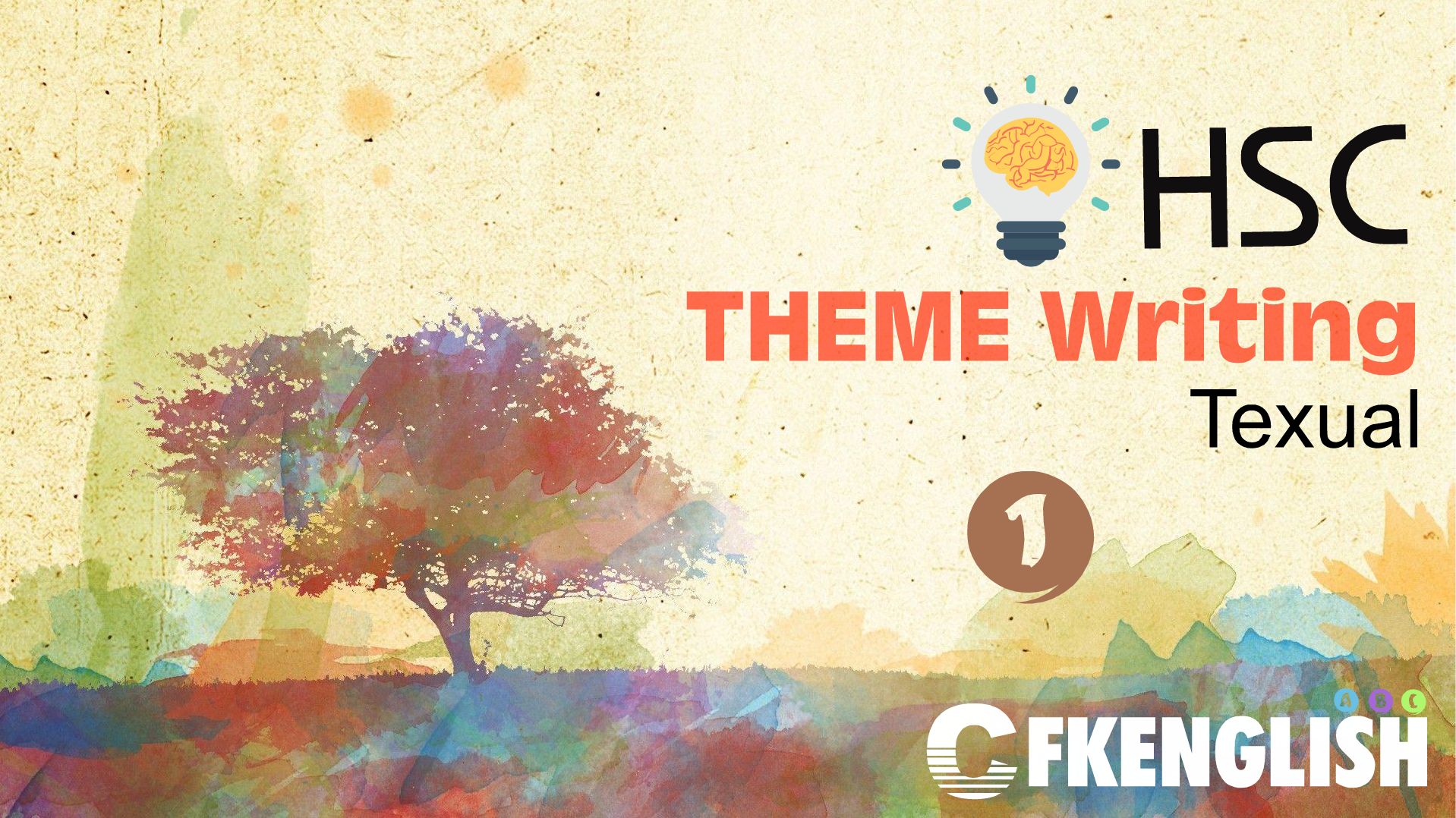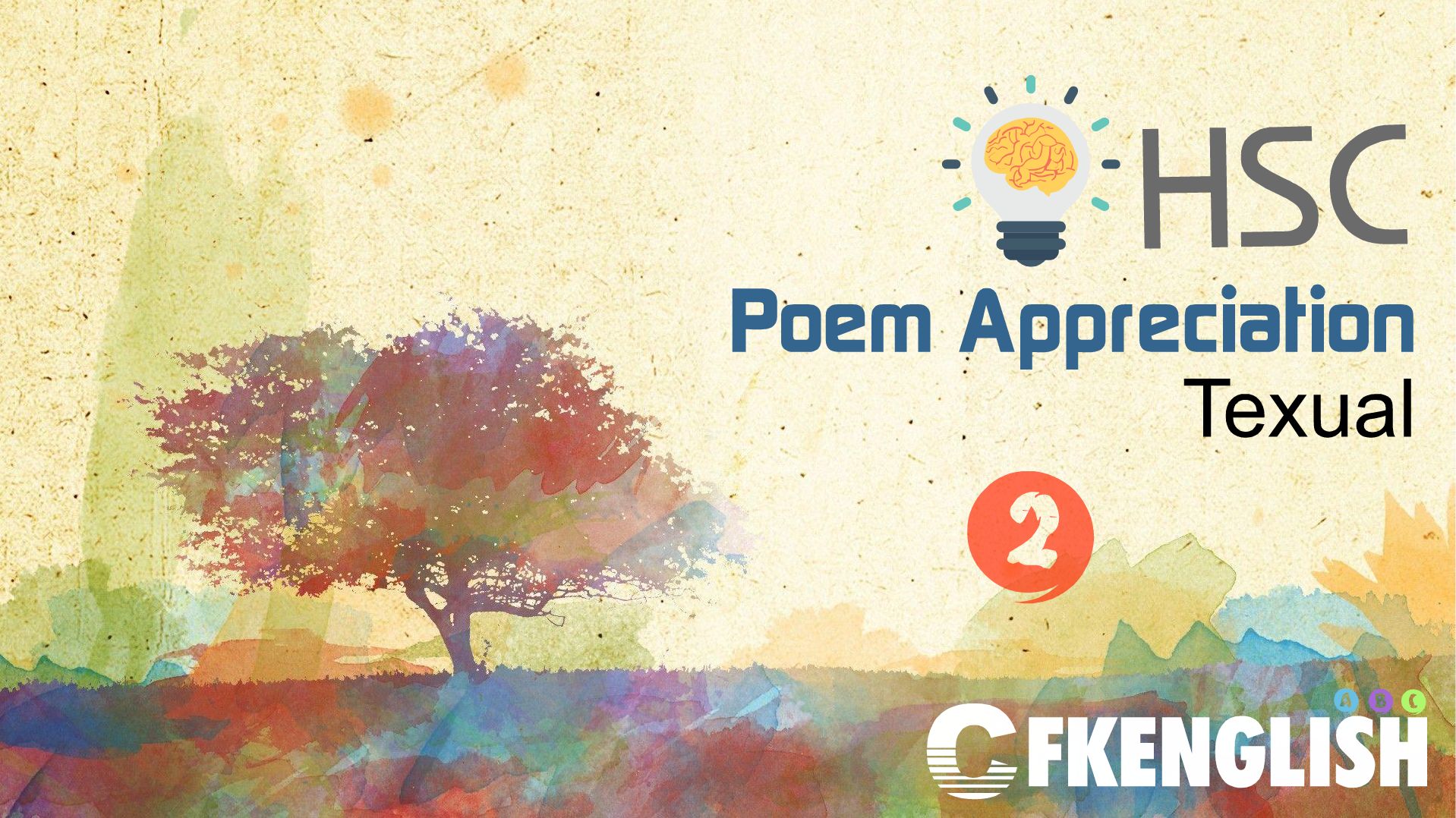 The Traffic Police
The Traffic Police
Amidst killer speeds I stand
Facing the traffic, stretching my hand.
I am seen on kids’ books and as cartoons everywhere
Educating people and asking them to beware
Of the erratic traffic and the signboards
Seen on almost all the roads.
So that you’re safe I see each one of you
But my sweat, my plight on the road sees who?
Be it sunny or rainy,
For your safety I must be
Vigil and agile, on the middle
Standing erect, as fit as a fiddle.
Oh! My ear hurts! Oh! My head aches!
Oh! Look after weather…such unpredictable days!
But I cannot swerve; I must be on duty.
I care for your safety.
Be it noisy or dusty; Be it sunny or rainy;
I must be on duty. I care for your safety.

The poem narrates the tale of routine work of a traffic police. The police stand in the middle of deadly speeding vehicles and with his stretching hand he regulates the traffic, controls speed, stops and allows them. He is a familiar figure depicted in children’s books educating people and warning about violations of traffic rules. His task is to ensure safety of those travelling in the vehicles and for that he has to routinely remain alert amidst deafening noise of horns, sounds. He endures these and had weathers but remains on duty for people’s safety guiding traffic.
 Love and Friendship
Love and Friendship
BY WILLIAM SHAKESPEARE
Blow, blow, thou winter wind,
Thou art not so unkind
As man’s ingratitude;
Thy tooth is not so keen,
Because thou art not seen,
Although thy breath be rude.
Heigh-ho! sing, heigh-ho! unto the green holly:
Most friendship is feigning, most loving mere folly:
Then, heigh-ho, the holly!
This life is most jolly.
Freeze, freeze, thou bitter sky,
That dost not bite so nigh
As benefits forgot:
Though thou the waters warp,
Thy sting is not so sharp
As friend remembered not.
Heigh-ho! sing, heigh-ho! unto the green holly…
Unit-4 : Lesson 2

The bitter cold of winter is not so bitterly felt as the ungratefulness of man. The insincerity of a friend is bitter. Love is foolish and the frozen. Sky-is not so bitter as the betrayal of man. When the beneficiary forgets the benefits, it is more bitter than the biting sky. The sting of water warp is not more bitter than the friend who forgets friendship.
 ‘The Schoolboy’
‘The Schoolboy’
BY WILLIAM BLAKE
I love to rise in a summer morn,
When the birds sing on every tree;
The distant huntsman winds his horn,
And the skylark sings with me:
O what sweet company!
But to go to school in a summer morn,-
O it drives all joy away!
Under a cruel eye outworn,
The little ones spend the day
In sighing and dismay.
Ah then at times I drooping sit,
And spend many an anxious hour;
Nor in my book can I take delight,
Nor sit in learning’s bower,
Worn through with dreary shower.
How can the bird that is born for joy
Sit in a cage and sing?
How can a child, when fears annoy,
But droop his tender wing,
And forget his youthful spring!
O father and mother if buds are nipped,
And blossoms blown away;
And if the tender plants are stripped
Of their joy in the springing day,
By sorrow and care’s dismay,-
How shall the summer arise in joy,
Or the summer fruits appear?
Or how shall we gather what grieves destroy,
Or bless the mellowing year,
When the blasts of winter appear?
Unit-5 : Lesson 3

In the poem a young school boy appreciates the beauty and joy that a summer day brings when birds sing, huntsman blows his horn, and skylark gives sweet company. On such a day the idea of going to school take away all joy because the children have to spend the whole joyless day under the stern teacher’s discipline and watch. The lessons that he gives are not enjoyed by the children who looks for the escape from such chains. Young children are birds of freedom born for unbounded joy not to be caged in like this. Therefore, the boy fervently appeals to his parents not to send him to school where his tender mind will be destroyed. Lie should be allowed freedom to enjoy not to be tainted by grief and worry which would bear no fruit in future.
 ‘Out, Out—’
‘Out, Out—’
BY ROBERT FROST
The buzz-saw snarled and rattled in the yard
And made dust and dropped stove-length sticks of wood,
Sweet-scented stuff when the breeze drew across it.
And from there those that lifted eyes could count
Five mountain ranges one behind the other
Under the sunset far into Vermont.
And the saw snarled and rattled, snarled and rattled,
As it ran light, or had to bear a load.
And nothing happened: day was all but done.
Call it a day, I wish they might have said
To please the boy by giving him the half hour
That a boy counts so much when saved from work.
His sister stood beside him in her apron
To tell them ‘Supper.’ At the word, the saw,
As if to prove saws knew what supper meant,
Leaped out at the boy’s hand, or seemed to leap—
He must have given the hand. However it was,
Neither refused the meeting. But the hand!
Unit-7 : Lesson 5

The poem speaks of a boy put under heavy burden of work where from there seems to be no escape. Even a small respite and call for supper by his sister seems to be a great relief. That thinking of escape and freedom from such drudgery makes brings a little mindfulness. That causes the accident of the saw he is using to make firewood. His hand is cut. His appeal is to save his hand and save his life. But he sees life going out. Doctor’s treatment comes of no help. He dies. Others just find the loss of this boy’s life not much important and go back to their usual work.
 I Have Seen Bengal’s Face
I Have Seen Bengal’s Face
BY JIBANANANDA DAS
I have seen Bengal’s face, that is why I do not seek
Beauty of the earth any more: I wake up in the dark
And see the dawn’s magpie-robin perched under the parasol-like huge leaf
Of the fig tree – on all sides I see mounds of leaves of
Black plum – banyan – jackfruit – oak – pipal lying still;
Their shadows fall on the spurge bushes on zedoary clumps;
Who knows when Chand near Champa from his madhukar boat
Saw such oaks – banyans – gamboge’s blue shades
Bengal’s beauty incomparable.
Behula too someday floating on raft on Gangur’s water –
When the fullmoon of the tenebrous twelfth night died on the river’s shoal –
Saw countless pipals and banyans beside the golden corn,
Alas, heard the tender songs of shama – and one day going to Amara.
When she danced like a torn wagtail in Indra’s court
Bengal’s river field, wild violets wept at her feet like anklet bells.
Unit-9 : Lesson 1

The poem is about the poet’s expression of intense love for his motherland. His love for the country is so deep that he poetically expresses that he would like to come back to this beautiful dear land again and again in life after life. As the poet is Hindu by religion and believes in transmigration of soul, he affirms that even if he has to take birth as an inferior creatures like a kite or magpie to come back here he would do so. He narrates the exquisite beauty of this land-Bengal where trees are green, birds abound, old traditions and myths remained alive. The memories of life’s association with.
 ‘Dreams’
‘Dreams’
by D. H LAWRENCE
All people dream, but not equally.
Those who dream by night in the dusty recesses of their mind,
Wake in the morning to find that it was vanity.
But the dreamers of the day are dangerous people,
For they dream their dreams with open eyes,
And make them come true.
Unit-10 : Lesson 2

The theme of the poem is dreaming. The poet is telling in the poem that dreams in sleep are untrue and lead to nothing. But dreaming consciously is like determining for something. Therefore, one who dreams when fully awake or aware is very strong resolute and determined person and they realize their dreams.
 ‘Dreams’
‘Dreams’
by LANGSTON HUGHES
Hold fast to dreams
For if dreams die
Life is a broken-winged bird
That cannot fly.
Hold fast to dreams
For when dreams go
Life is a barren field
Frozen with snow.
Unit-10 : Lesson 2

The theme of the poem is dreams. The poet wants to say here that dreams are very important for life. For, if there are no dreams in life one cannot advance far like a broken winged bird. Without dreams life becomes joyless, tasteless and not worthy of living. Here dreams are not the dreams we see in sleep. Dream means goals, higher aim and objective in life.
 The Lake Isle of Innisfree
The Lake Isle of Innisfree
BY WILLIAM BUTLER YEATS
I will arise and go now, and go to Innisfree,
And a small cabin build there, of clay and wattles made;
Nine bean-rows will I have there, a hive for the honey-bee,
And live alone in the bee-loud glade.
And I shall have some peace there, for peace comes dropping slow,
Dropping from the veils of the morning to where the cricket sings;
There midnight’s all a glimmer, and noon a purple glow,
And evening full of the linnet’s wings.
I will arise and go now, for always night and day
I hear lake water lapping with low sounds by the shore;
While I stand on the roadway, or on the pavements grey,
I hear it in the deep heart’s core.
Unit-12 : Lesson 1

The poem speaks of the poet’s- plan and dream of a life in peace and tranquility. He waits to go to Innisfree lake area to live in that peaceful place in the company of bees. Each would come normally in that lap of tranquil nature. Summer’s night and ‘day will pass amidst the peaceful singing of birds, murmuring sound of the lake. The poet will enjoy in full standing on the road breathing it in.
 September 1, 1939
September 1, 1939
By W. H. AUDEN
I sit in one of the dives
On Fifty-second Street
Uncertain and afraid
As the clever hopes expire
Of a low dishonest decade:
Waves of anger and fear
Circulate over the bright
And darkened lands of the earth,
Obsessing our private lives;
The unmentionable odor of death
Offends the September night.
Unit-12: Lesson-11

The poet here is sitting in concern, worries, and hopes fading and feels around the wave of fear that is gripping the world. War and destruction and death are laboring in the horizon as the poet senses.
 The Charge of the Light Brigade
The Charge of the Light Brigade
BY ALFRED, LORD TENNYSON
I
Half a league, half a league,
Half a league onward,
All in the valley of Death
Rode the six hundred.
“Forward, the Light Brigade!
Charge for the guns!” he said.
Into the valley of Death
Rode the six hundred.
II
“Forward, the Light Brigade!”
Was there a man dismayed?
Not though the soldier knew
Someone had blundered.
Theirs not to make reply,
Theirs not to reason why,
Theirs but to do and die.
Into the valley of Death
Rode the six hundred.
III
Cannon to right of them,
Cannon to left of them,
Cannon in front of them
Volleyed and thundered;
Stormed at with shot and shell,
Boldly they rode and well,
Into the jaws of Death,
Into the mouth of hell
Rode the six hundred.
IV
Flashed all their sabres bare,
Flashed as they turned in air
Sabring the gunners there,
Charging an army, while
All the world wondered.
Plunged in the battery-smoke
Right through the line they broke;
Cossack and Russian
Reeled from the sabre stroke
Shattered and sundered.
Then they rode back, but not
Not the six hundred.
V
Cannon to right of them,
Cannon to left of them,
Cannon behind them
Volleyed and thundered;
Stormed at with shot and shell,
While horse and hero fell.
They that had fought so well
Came through the jaws of Death,
Back from the mouth of hell,
All that was left of them,
Left of six hundred.
VI
When can their glory fade?
O the wild charge they made!
All the world wondered.
Honour the charge they made!
Honour the Light Brigade,
Noble six hundred!
Unit-12 : Lesson 3

The poem is written; in the context of the heroic feat and sacrifice of a light brigade of six hundred soldiers charging against the – Russian-Turkish army in Crimean War. The poem describes the heroic spirit, undaunting spirit of the soldiers whose love for Britain and loyalty to its leadership is supreme for which they were ready sacrifice themselves and they did so. For, this brigade charged without knowing the extent of the enemy’s strength and without any reinforcement and support behind them. They dashed into the enemy’s range of cannon fire from left and right. There was no escape left for them and they did not retreat to save their lives to uphold the honor of their great country.
 She Walks in Beauty
She Walks in Beauty
BY LORD BYRON (GEORGE GORDON)
She walks in beauty, like the night
Of cloudless climes and starry skies;
And all that’s best of dark and bright
Meet in her aspect and her eyes;
Thus mellowed to that tender light
Which heaven to gaudy day denies.
One shade the more, one ray the less,
Had half impaired the nameless grace
Which waves in every raven tress,
Or softly lightens o’er her face;
Where thoughts serenely sweet express,
How pure, how dear their dwelling-place.
And on that cheek, and o’er that brow,
So soft, so calm, yet eloquent,
The smiles that win, the tints that glow,
But tell of days in goodness spent,
A mind at peace with all below,
A heart whose love is innocent!
Uni-14 : Lesson 1

The theme of the poem is poet Byron’s concept of exquisite beauty-beauty in perfection without blemish. He is highlighting and trying to elaborate this concept of perfect beauty with his romantic imagery and comparisons drawn from nature. Beauty is Personified into a female human whose aura has been likened to cloudless climate and starry sky where the best of darkness and brightness give a combined effect of perfection. Her eyes are likened to tender light. Her face is likened to pureness itself with serene sweet expression. Smiles on that face are eloquent and ever winning while the inner self of this beauty is also calm, .peaceful with innocent love. This is Byron’s romantic construct of what beauty should be like.
 I died for Beauty but was scarce
I died for Beauty but was scarce
BY EMILY DICKINSON
I died for Beauty – but was scarce
Adjusted in the Tomb
When One who died for Truth, was lain
In an adjoining Room –
He questioned softly “Why I failed”?
“For Beauty”, I replied –
“And I – for Truth – Themself are One –
We Bretheren, are”, He said –
And so, as Kinsmen, met a Night –
We talked between the Rooms –
Until the Moss had reached our lips –
And covered up – Our names –
Uni-14 : Lesson 1

in the poem the theme of beauty and truth has been deal with. The two have been shown as one. The two have been likened to two dead persons-one who died for beauty and the other for truth. The two are: thus inalienably connected inseparable at one in their graves even and are hence interlocked in eternal association.
 The Traffic Police
The Traffic Police Love and Friendship
Love and Friendship ‘The Schoolboy’
‘The Schoolboy’ ‘Out, Out—’
‘Out, Out—’ I Have Seen Bengal’s Face
I Have Seen Bengal’s Face ‘Dreams’
‘Dreams’ ‘Dreams’
‘Dreams’ The Lake Isle of Innisfree
The Lake Isle of Innisfree September 1, 1939
September 1, 1939 The Charge of the Light Brigade
The Charge of the Light Brigade She Walks in Beauty
She Walks in Beauty I died for Beauty but was scarce
I died for Beauty but was scarce


0 Comments